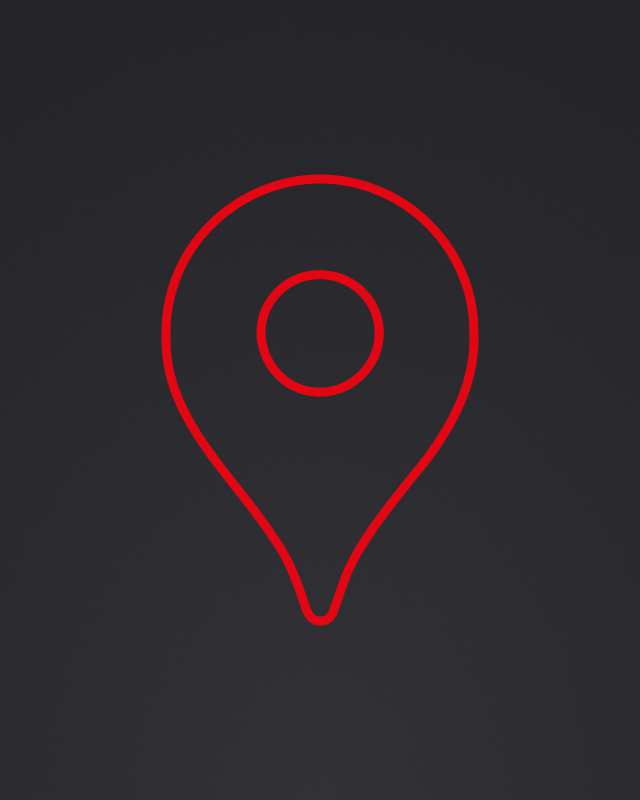Pushing borders
Lessons from Baja, Steinbeck and staying closer to home
When we arrived at the border to Mexico that morning I don't think either of us were aware of just how much we were secretly asking the Baja Peninsula to do for us. It had been an unprecedented year and a half – for our world, for the rest of the world – and like everyone else, we were tired. Unlike everyone else, or anyone else I know of anyway, when the world shut down we were still a newly formed couple, just a year and change old, taking slow, delicate steps to blend our lives together. We had what felt like endless optimism and possibilities ahead of us, and all the time and space in the universe to explore.
But when everything stopped in March 2020, our ability to travel physically was only one of the ways we were forced to stop moving. It felt as though even our thought lives, our imaginations, our hopes for the future were thrown into suspended animation while we tried to grasp the new reality that had settled across the globe. Dreaming gave way to surviving, any future gaze was redirected to the very demanding right here right now, and the pillowy space between the two of us was absorbed by uncertainty and exhaustion.
We crossed over into Mexico needing more than any one place would ever be able to give us. But the Baja Peninsula is special, a straight shot south from our Los Angeles home, and historically it has always been a place where people have gone searching.
In 1941 John Steinbeck sailed around the peninsula with a friend, a trip that formed the basis for his book The Log From the Sea of Cortez. In it he says the peninsula inexplicably exerts on people a "positive drive to go back again. If it were lush and rich, one could understand the pull, but it is fierce and hostile and sullen." He's not wrong. We crossed the border, skirting around Tijuana, on our way to the Punta Banda Peninsula, a ribbon of barely populated land with beautiful sea views. Following the coastline south, the dry jagged earth on the left clashed with the cerulean and turquoise water of the Pacific to our right. Clouds hung low and in layers, blocking out any blue sky and muffling the sun. Ensenada, the rusty port town we had to drive through to get to the house we were staying in, was a lively loudspeaker of a place relentlessly reminding us at every chaotic intersection and with every glimpse down a side street and with all the mysterious billboards and storefronts and the music that bombarded our truck whenever we slowed down enough to catch it, that we were no longer in the United States. It's a feeling we both live for – being far from home and not so in control of everything – and in normal times it's something we get on a somewhat regular basis. But these weren't normal times, and it hadn't occurred to us that this feeling of being a little on edge in a new place was one of the things we came to Mexico looking for. "The very air here is miraculous, and outlines of reality change with the moment," wrote Steinbeck. "A dream hangs over the whole region, a brooding kind of hallucination." By the time we reached the house, I understood. The clouds had broken up and moved on and the sun was spreading out over the bay. I looked at my running watch and noticed my heartrate had dropped by 20 beats per minute compared to where it hovers back in Los Angeles. I thought it must be off, but every time I checked it, it told me the same thing: that something tight was shaking loose, that the possibility of rest could be more than just an illusion.
The next day we set out on a narrow hiking trail that lined the inside of a cove like a crease in a piece of fabric, leading us gradually down to the deep, blue-green water. In all the hours we were out on the hike we didn't see a single person, just each other. When we got down to the tide pools we melted into children. Bright purple star fish, neon orange and green anemones, and scuttling crustaceans all dotted the black rock bottom. Climbing from pool to pool our focus was dialed in to just a couple of feet in front of our faces, hoping to catch a glimpse of the next creature that moved and caught the sun. High tide announcing itself in sets of thunderous waves was the only force powerful enough to get us back to the trail headed home. Even on the uphill climb out of the cove, my heartrate was still low.
Steinbeck wrote about the profound feeling that comes with knowing "that all things are one thing and that one thing is all things," from the tiniest sea creatures to the expanding universe of space and planets above us "all bound together by the elastic string of time." These were the thoughts he had and wrote down along the rough edges of the Baja Peninsula. "It is advisable," he writes, "to look from the tide pool to the stars and then back to the tide pool again."
We'd been stuck in Los Angeles for over 18 months before we took that drive down to Mexico. It had been decades since either of us had gone that long without travelling, without that feeling of being confounded by a new place, the sense of our smallness in relation to the rest of the giant world. In our individual experiences of travelling, those feelings are greater the farther from home you go. But this time we were together. This time we were only a few hours south of our front door. This time we were only gone for three nights, no airports involved, no time zones crossed. We didn't need to go so far to have our personal outlines of reality changed. In fact, by staying nearer and looking a bit closer, we found our whole little universe opened up.

